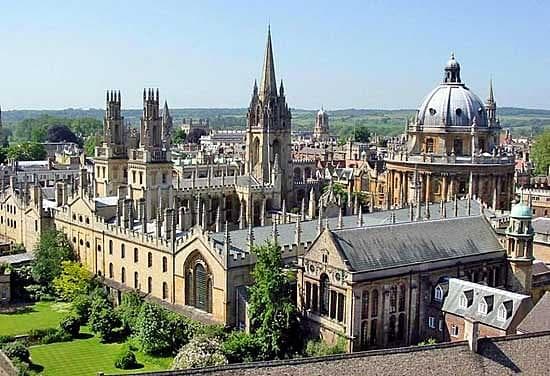The course focuses on the political, social, and intellectual history of the central Islamic lands (Egypt, the Fertile Crescent, the Arabian Peninsula, Iran, Central Asia, and Anatolia) up until c. 1800. The course is characterised by a strong emphasis on research methods and primary sources, thus making it a very good entry gate for subsequent doctoral study. You will already possess substantial general knowledge of Islamic or Middle Eastern studies and history.
You can take specialised classes and undertake independent research under the supervision of a faculty member. You will receive specialised teaching in two elective papers, taught during the first two terms, while also working on a dissertation (or on two extended research essays) under the supervision of a suitable member of the faculty. Available elective papers may vary from year to year, but topics that are frequently taught include the Qur’an and Qur’anic exegesis, hadith, Islamic law, Sufism, Islamic theology, Arabic philosophy, conversion to Islam in the Middle Ages, and Islamic art and architecture. In the past students have also taken options in Arabic and Persian literature. Elective papers normally involve a weekly meeting of two hours devoted to the reading and primary sources, student presentations, informal lecturing, and the discussion of student essays. Students spend a significant amount of time preparing for these meetings by working through primary texts, reading secondary literature, and writing essays.
An induction meeting is normally scheduled for new students during noughth week of Michaelmas Term, ie the week before the beginning of full term.
